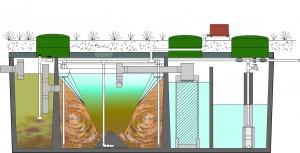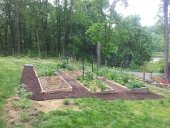
 1
1








I want to be 15 again …so I can ruin my life differently.
 1
1




I want to be 15 again …so I can ruin my life differently.
 1
1




. . . bathes in wood chips . . .




Iterations are fine, we don't have to be perfect
My 2nd Location:Florida HardinessZone:10 AHS:10 GDD:8500 Rainfall:2in/mth winter, 8in/mth summer, Soil:Sand pH8 Flat
 2
2




 3
3




. . . bathes in wood chips . . .




I want to be 15 again …so I can ruin my life differently.








. . . bathes in wood chips . . .








Iterations are fine, we don't have to be perfect
My 2nd Location:Florida HardinessZone:10 AHS:10 GDD:8500 Rainfall:2in/mth winter, 8in/mth summer, Soil:Sand pH8 Flat
 1
1




Not to put words in his mouth, but I believe that S Bengi was referring to responsibly doing your own grey water system without referencing to Big Daddy for permission first. Paralegal grey water systems exist all over America, including ours while we lived in that place which we consider a hellhole, and if everything is biofiltered, (cattails, cottonwoods, and willows are wonderful for that) biodegradable, and the soil is full of life, a piece of paper from the government is completely irrelevant. If you do get a permit, you’re putting yourself on a list of people who have grey water systems, and if they illegalize it later, they’re coming for you first. Those are my rationale on the topic.Will Solol wrote: S Bengi, what do you mean by: "Build a grey water drainfield no permit needed, maybe stick it in a greenhouse like the current kickstarter."
Earthworks are the skeleton; the plants and animals flesh out the design.



